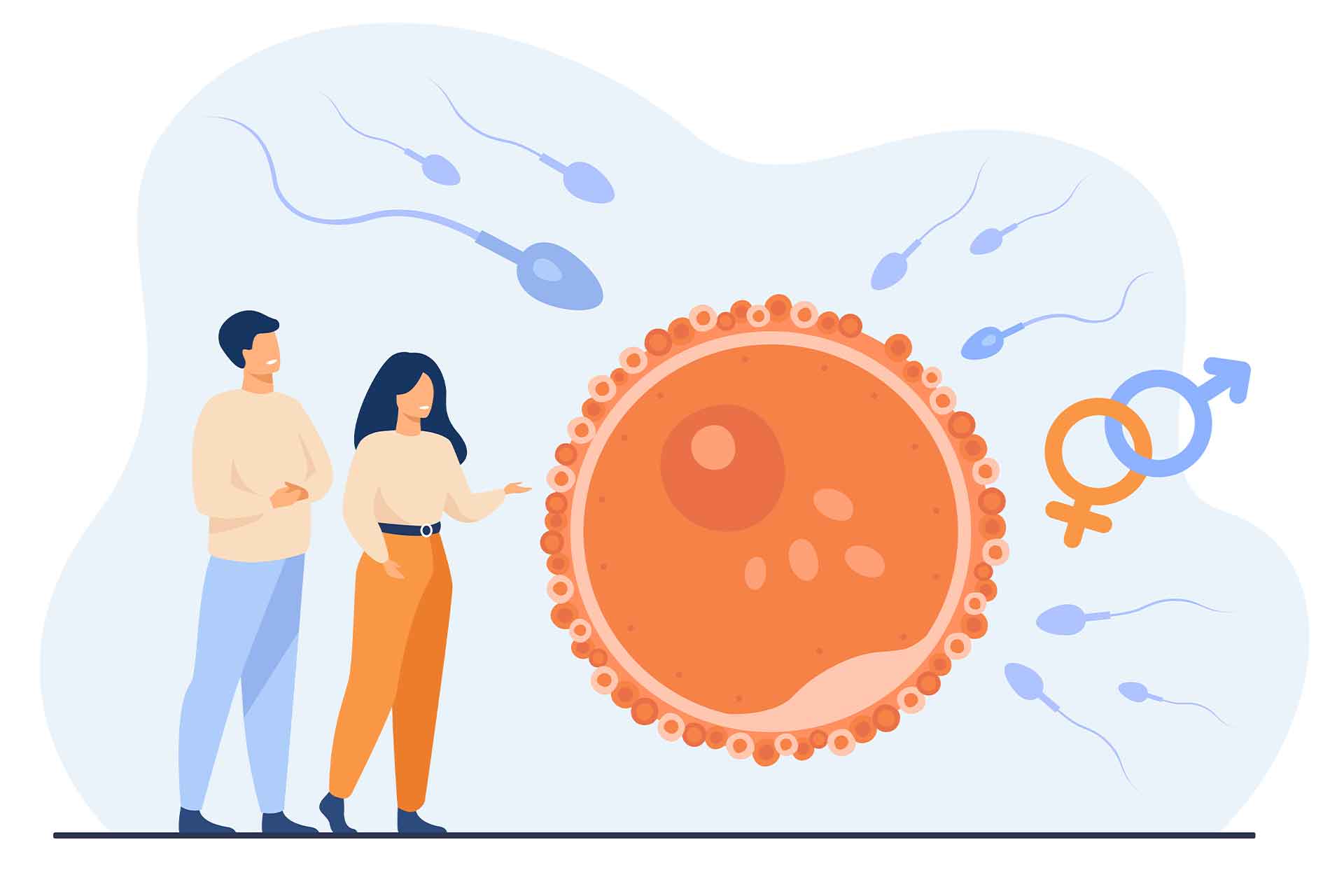When couples face difficulty in conceiving, male infertility is often an overlooked factor. In reality, male infertility contributes to nearly half of all infertility cases. At Mir Institute of Fertility & Urology, we recognize the importance of understanding and addressing male reproductive health with sensitivity and expertise. If you’re struggling to conceive, it’s important to know that you’re not alone—and effective treatment options are available.
What is Male Infertility?
Male infertility refers to a man’s inability to impregnate a female partner after a year of regular, unprotected intercourse. This may be due to issues with sperm production, sperm quality, or the delivery of sperm.
Common Causes of Male Infertility
Several underlying factors can contribute to male infertility, including:
- Low Sperm Count (Oligospermia): A lower-than-normal number of sperm in the semen.
- Poor Sperm Motility: Sperm that do not swim well may struggle to reach or penetrate the egg.
- Abnormal Sperm Shape (Morphology): Irregularly shaped sperm may not be effective in fertilization.
- Varicocele: Swelling of the veins in the scrotum can affect sperm production and quality.
- Hormonal Imbalances: Low testosterone or other hormonal disruptions can impair fertility.
- Lifestyle Factors: Smoking, alcohol, drug use, obesity, and exposure to toxins can negatively impact fertility.
- Infections: Certain infections can interfere with sperm health or block the passage of sperm.
- Genetic Disorders: In rare cases, genetic conditions may play a role in infertility.
How is Male Infertility Diagnosed?
At Mir Institute, we begin with a thorough evaluation that includes:
- Medical History & Physical Exam: To identify any past health issues or conditions affecting fertility.
- Semen Analysis: This key test assesses sperm count, movement, and shape.
- Hormone Testing: To check levels of testosterone and other fertility-related hormones.
- Ultrasound or Imaging: To detect structural problems such as varicocele or blockages.
- Advanced Testing: In some cases, genetic testing or testicular biopsy may be recommended.
Available Treatments for Male Infertility
Treatment depends on the cause of infertility, and may include:
- Lifestyle Changes: Improving diet, exercising regularly, quitting smoking, and reducing alcohol intake can improve fertility.
- Medications or Hormone Therapy: To treat infections, hormonal imbalances, or improve sperm production.
- Varicocele Repair: Surgery may be performed to correct enlarged veins that impact sperm health.
- Assisted Reproductive Techniques (ART): Options like Intrauterine Insemination (IUI) or In Vitro Fertilization (IVF) may be used to assist conception. In cases of very low sperm count, Intracytoplasmic Sperm Injection (ICSI) can be a highly effective solution.
- Sperm Retrieval Procedures: For men with little to no sperm in the ejaculate, sperm can often be retrieved directly from the testicles for use in IVF/ICSI.
Support at Mir Institute of Fertility & Urology
We understand that male infertility can be emotionally challenging. That’s why we offer discreet, compassionate, and expert care at every step of your journey. Dr. Abid Jan and our skilled team take time to understand your concerns and develop a treatment plan that gives you the best possible chance of success.



